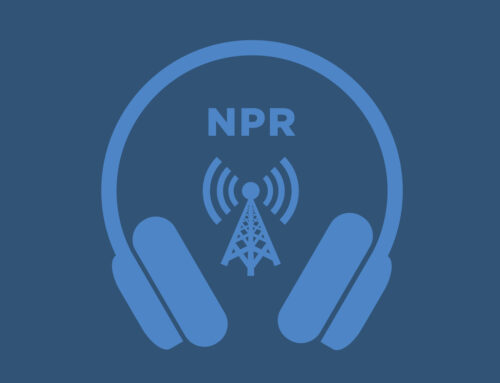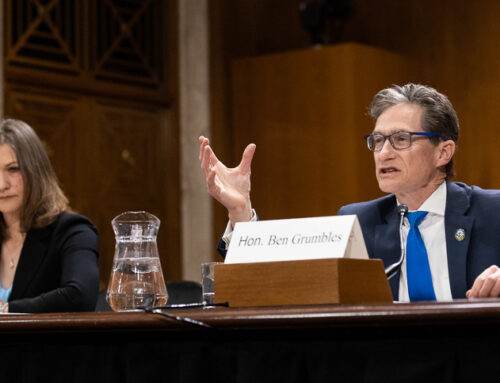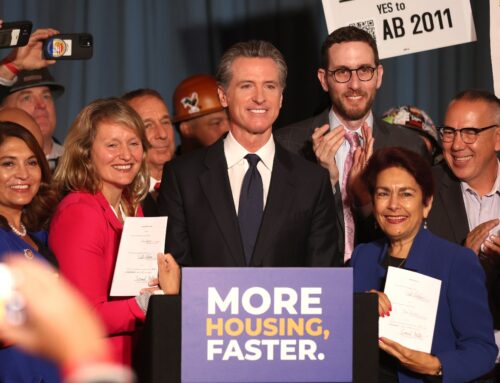2025: External challenges, Internal Solutions – The Sunday Guardian Live
December 28, 2024
The kind of challenges we face as we approach another new year are unprecedented. Given the novel and cataclysmic nature of these challenges, old approaches are not going to succeed. These challenges come from almost all areas of human activity, and therefore their origin has to do with something in the very nature of the human being. Retaining the same mind that gave birth to these problems, there is no way we can come to a solution. Enumerating four of the most critical threats facing us, I invite you to see that we cannot adequately respond to our conditions without acknowledging that the problem lies firstly within us.
Climate Change
The average global temperature in 2024 was higher than even that of 2023, the warmest year in history. Greenhouse Gases reached record levels this year, with Carbon dioxide in the atmosphere increasing from 278 ppm in 1750 to more than 420 ppm in 2024. Ocean heat this year was the highest ever recorded. Given the trends, ocean warming will continue, and what’s even more scary is that it is irreversible on millennial timescales. Sea level rise further accelerated this year because of thermal expansion of oceans and melting glaciers. Last 10 years, global mean sea level rose at more than double the rate between 1993 and 2002. Antarctic sea-ice extent this year was the second lowest ever. Climate extremes undermined food security and exacerbated displacement and migration. Fatal heat, extreme precipitation, floods and cyclones led to massive loss of life.
Climate change is a crisis driven by blind human production and consumption. It is a crisis that starts in the form of greed and ignorance within a person. The curves of industrial activity, human population, per capita consumption and greenhouse gas emission are all very similar. There can be no purely technological solution to the climate crisis. We need a massive effort to bring the human being to a peace within herself, so that blind consumption is not needed.
Religious Radicalization and Conflict
The globe is getting more and more radicalised. Look at the recent elections in America or Europe – the global trend of illiberty continues. There are armed conflicts in various parts of the world, and many of them actually have a strong religious core to them, even though that is usually disguised as geopolitics. Isn’t radicalism increasing dangerously in every form in India as well?
Man is fundamentally a spiritual animal. We are conscious beings, and this consciousness refuses to live in falsehood. The pursuit of truth involves challenging internal illusions and bondages, and is called religion. Religion is supposed to be the ultimate cure for humanity’s internal ailments. But what when the cure itself becomes toxic?
At the core of religion lies self-knowledge. The primary purpose of religion is to internally liberate humans, so that one doesn’t waste his life’s energy in irrelevant directions. Self-knowledge prevents one from becoming a slave to desires, or seeing others merely as objects for one’s gratification. If distorted notions in the name of religion continue, then young generations will completely distance themselves from even the pure core of religion, and that is another problem, because the human being does need self-knowledge.
Without reform in religion, we will have perpetual conflict, and a primitive environment with ever shrinking room for liberal thinking. Popular culture will turn a proxy for religion, and dogma and superstition will rule. When I look at 2025, the decay of religion will continue and the consequent ignorance and violence will worsen, unless there are bold steps in the direction of religious reform.
Inequality and Injustice
Economic Inequality, including income inequality and wealth inequality only worsened in 2024, as evidenced by the Gini coefficient and other indices. We have the Global North and then extreme poverty, particularly in sub-Saharan Africa and parts of Asia. This causes social inequality that shows up in unequal access to healthcare, sharp differences in life expectancy and infant mortality rates. Similarly, we see education inequality and gender inequality, with India having almost 50 million fewer women in her population compared to men. These were lost to foeticide and infanticide. And we are not even talking of economic, educational or political equality; we are talking of the right to just exist.
Across the world, we have a few dominant groups and too many marginalised groups. Lack of representation of the latter in decision-making processes exists at all levels, including international. Think of the dominance of wealthy nations in global institutions like the UN, IMF, and World Bank.
A glaring new inequality that has come up is technological inequality, and its effect is rising exponentially. The Digital Divide, denoting unequal access to the internet and modern technology, affecting education, communication, and economic opportunities is getting wider each passing year.
Even Climate Change impacts vulnerable populations in poorer countries the most, when ironically they contribute the least to it. The list of inequalities pervades all spheres, for example the global dominance of certain languages marginalizing others, and the imposition of cultural norms and values of powerful nations over less powerful societies.
Addressing inequality requires international cooperation, policy reform, and grassroots efforts to ensure equitable development and opportunities for all. But why will human beings want to give up on their privileges and offer help to a disadvantaged fellow being? That kind of external help can be offered only when there is firstly an internal transformation. We have had innumerable external revolutions, we need an inner one to begin in 2025.
AI, Social Media and Data
Social media has fundamentally altered the way we think of ourselves and the world. Our ability to pay sustained attention to any matter has been altered. This overexposure to social media is gradually transforming into mental disorders—one of the most devastating consequences linked to loneliness, a defining pandemic of this century.
To deal with this threat, social media algorithms need to be brought under the purview of competent regulation. Algorithms decide the content you will be exposed to and algorithms are based on logic created by ambitious humans. They are now powerful enough to detect our desires and deliver only that content which aligns with our desires and cravings, keeping us excited, inebriated, and hooked.
And now, with AI and big data assisting algorithms, virtual realities based on our desires are being created. The more you get hooked, the farther you drift from reality, society, and friends, trapped in silos of loneliness. Algorithms are written to hook the mind through pleasure. In 2025, this tsunami of cheap fulfillment of shallow desire will continue to rise.
There’s a stark difference between goodness and truth. The Katha Upanishad differentiates between the paths of Shreya (the auspicious) and Preya (the pleasurable). The sages say the individuals who choose the path of Preya over Shreya face complete ruin. Social media algorithms succeed by driving us onto the path of Preya, showing us only what we like, devoid of truth. This traps us in lies that can have devastating mental and external consequences.
It has to be reiterated that if we continue to look for solutions from the same centre that spawned these problems, we will only find the situation worsening. Obdurately refusing to look at our own internal traps and darknesses, we keep talking of political, military, legal or technical solutions to these problems. That is just wishful thinking. Humanity has come to a point where there is no way forward but the one inward.
* Acharya Prashant is a Vedanta exegete, philosopher, social reformer, columnist and a national bestselling author. Besides being a prolific author of over 150 books, he is the world’s most-followed spiritual leader with 54 million subscribers on YouTube. He is also an alumnus of IIT-D & IIM-A and an Ex-Civil Services Officer. To read more thought-provoking articles by Acharya Prashant, visit askap.in
– Advertisement –
Search
RECENT PRESS RELEASES
Related Post




